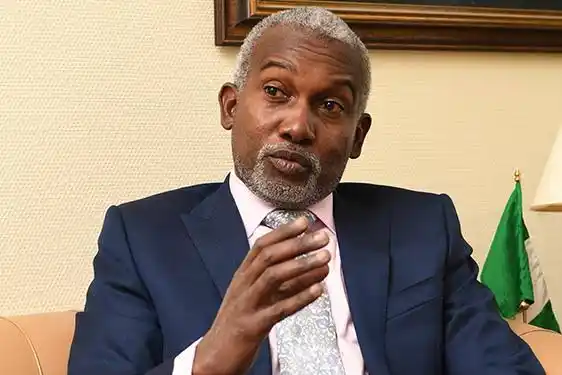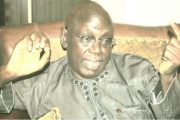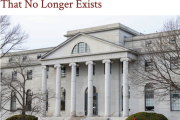All is set for a new set of ambassadors, High Commissioners, Consuls-General and Chargé D’affaires (CDA) of Nigeria to over one hundred countries. The process is commencing with the recall of all serving career as well as non-career ambassadors.
The recall is on the instructions of President Bola Ahmed Tinubu at whose pleasure and prerogative all incumbents are serving in the present configuration of power in Nigeria.
A Minister of Foreign Affairs statement signed by his SA Media and Communications Strategy, Alkasim Abdulkadir, has been clarifying the isolation of the High Commissioner to the UK in the Nigerian media in reporting the recall exercise. But it is now official that it is beyond one ambassador but the entire heads of the country’s diplomatic missions.
The implication is that the process of their replacement is on top gear back in Abuja, characterised by lobbying, head hunting and the clean copy.
Like the ministerial selection, it is another battleground for who gets in and who goes where. The first line of battle is the crisis of balance between career and non-career components of the list. It can be said to be a settled practice now to have two career diplomats from each state save in exceptional circumstances (because there are some states which may not have career diplomats appointable as ambassadors for several reasons) and one non-career. But it is only as settled as a sitting president and his kitchen cabinet sees it.
Obasanjo, for example, came up with isolating certain missions as being too core to assign to just anybody. So, he selected the men he sent to the US, UK, Permanent Representative to the United Nations and South Africa, those being Prof Jubril Aminu, the late Justice Bola Ajibola Chief Arthur Mbanefo, the Odu of Onitsha and Dr. Tunji Olagunju. That was 1999. It meant that none of the heads of what would be considered as Nigeria’s top-tier missions was a career diplomat between 1999 and 2003.
Subsequent administrations maintained these postings with the exception of Muhammed Buhari administration who tampered with it by ensuring that some former career officers were posted to Washington DC, France and Pretoria. It is not clear if the Tinubu administration plans to give preference to some career Ambassadors to man some of the Member States of the Permanent Five (of the security council) as a way of professionalising Nigeria’s strategic engagement with some of these countries.
The second issue that greets ambassadorial posting is the appearance of some names considered in public opinion to have no capacity to add value to Nigerian diplomacy in a changing world. What weight to attach to such views is a problem, given the fluidity of public opinion in Nigeria but the persistence of this view at every wave of posting suggests that it may contain nuggets of truth, from whichever perspective seen. But it all goes back to who is the president and what he wants to do with the diplomatic power resource.
The last controversy about diplomatic posting in Nigeria is who goes where. Preference for posting to the Western world predominated previously, making France, Canada, certain EU countries and emergent Asian success stories too. The current preferences are not clear but it is doubtful if there has been a fundamental shift in desire for North America, Australia, rising Asian powers and Western Europe as opposed to African countries, the Caribbeans and conflict ridden or what careerists call ‘hardship posts’.
Balancing all these intricacies and ending up with a win-win for all contending interests can be tasking for The Presidency and the Foreign Affairs Ministry. It remains to be seen what the Tinubu administration makes of it.




























